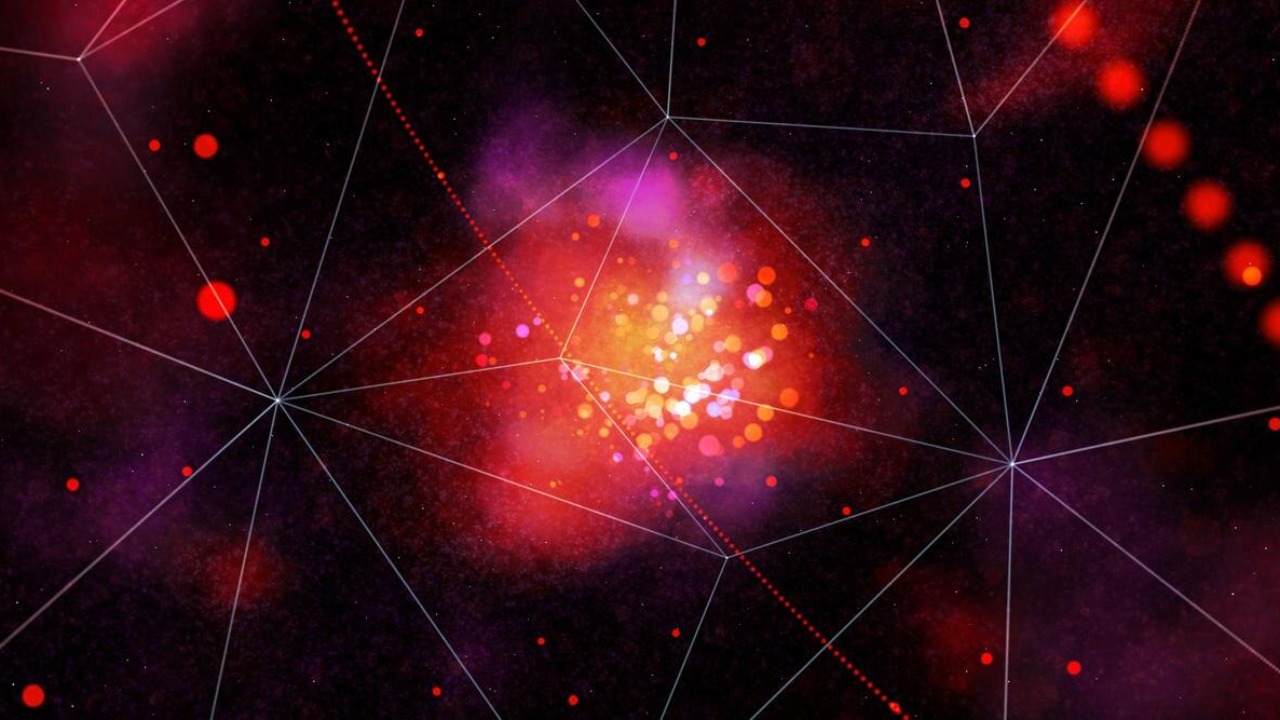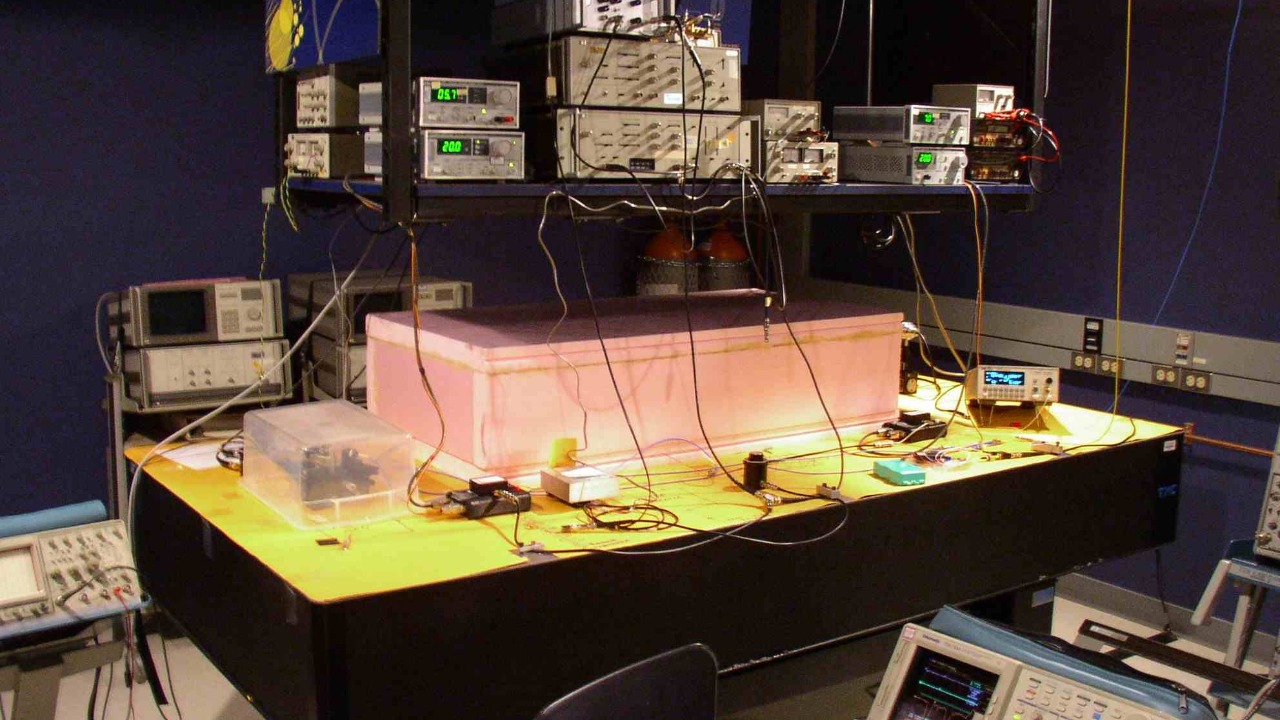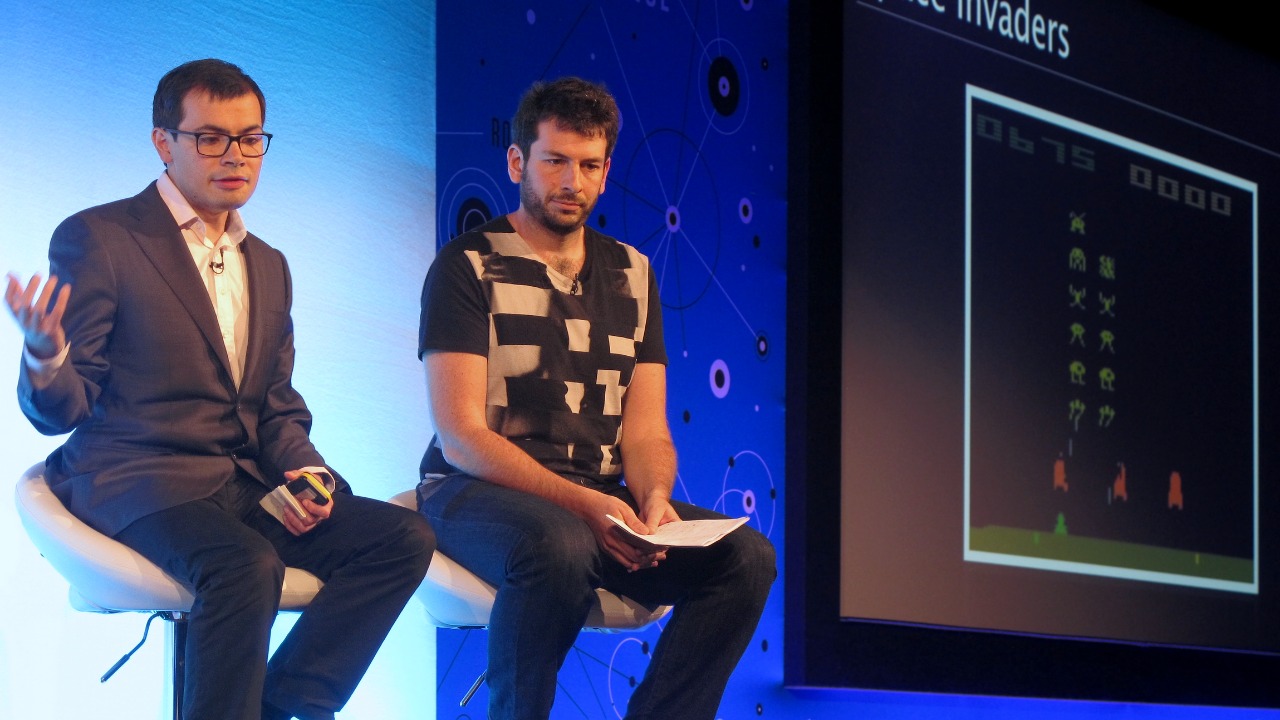
Quantum networks promise unprecedented speed and security, revolutionizing communication technology. However, beneath this promising surface lie hidden vulnerabilities that could compromise their integrity. As we delve into the latent risks associated with next-gen quantum networks, we find challenges that question the notion of their infallibility.
The Promise and Perils of Quantum Networks

Quantum networks are poised to redefine the landscape of communication by leveraging the principles of quantum mechanics. These networks rely on the phenomenon of quantum entanglement, which allows particles to be interconnected in such a way that the state of one particle instantly influences the state of another, regardless of distance. This principle forms the basis for ultra-secure communication and data transmission, promising to revolutionize industries ranging from financial services to national defense.
However, the reality of implementing these networks is fraught with challenges. While the theoretical benefits of quantum networks are clear, practical implementation faces hurdles such as scalability and technological limitations. For instance, maintaining quantum coherence over long distances is a significant technical obstacle. Moreover, the disparity between the hype surrounding quantum networks and their current capabilities highlights the need for a cautious approach. As these networks begin to shape global communication infrastructures, the potential for both innovation and risk grows exponentially.
Vulnerabilities in Quantum Key Distribution (QKD) Systems

Quantum Key Distribution (QKD) is a cornerstone of quantum networks, designed to enable secure communication by using quantum mechanics to exchange cryptographic keys. The security of QKD lies in the principle that any attempt to eavesdrop on the quantum keys alters their state, thus revealing the presence of an intruder. Despite its theoretical robustness, recent research has uncovered vulnerabilities within QKD systems.
Synergy Quantum recently exposed potential exploits in QKD systems, highlighting weaknesses that could be exploited by sophisticated adversaries. These vulnerabilities open the door to potential breaches in privacy and data protection across various sectors, from banking to healthcare. The real-world implications of such vulnerabilities are profound, as they threaten the very foundations of secure communication that quantum networks aim to establish.
Security Challenges in Quantum Networks

The advent of quantum networks introduces a new breed of cyber threats, particularly from quantum hacking capabilities. Traditional security measures may prove inadequate in the face of these advanced threats. Quantum hacking exploits the unique properties of quantum mechanics to bypass conventional security protocols, raising concerns about the integrity of data transmitted over quantum networks.
In response, there is a concerted effort in the research community to advance quantum cryptography and develop new security frameworks. These efforts aim to address existing flaws and enhance the resilience of quantum networks against emerging threats. Equally important is the role of regulation and standards, as there is a pressing need for international cooperation to establish guidelines that safeguard quantum networks. Without such measures, the potential for security breaches could undermine the trust and reliability of these next-gen communication systems.
Technological and Ethical Concerns

Deploying quantum networks on a large scale presents significant technological challenges. Issues such as reliability, interoperability, and the need for extensive infrastructure upgrades are hurdles that must be overcome. Furthermore, quantum networks require specialized equipment and expertise, which can limit their accessibility and widespread adoption.
Beyond technical considerations, there are ethical dilemmas associated with quantum technology. Privacy concerns are paramount, as the potential for misuse in espionage or surveillance looms large. The ethical implications of deploying such powerful technology need careful consideration to ensure that societal values are upheld. Balancing innovation with security is a delicate act, as fostering technological advancement must not come at the expense of compromising ethical standards or public trust.
Future Outlook: Navigating the Quantum Frontier

The field of quantum networking is in a state of rapid evolution, with ongoing research and development seeking to unlock its full potential. Key areas of exploration include enhancing quantum repeaters, improving error correction techniques, and developing more robust quantum algorithms. These advancements are critical for overcoming current limitations and ensuring the successful deployment of quantum networks.
Collaboration among tech companies, governments, and academia is essential to address the vulnerabilities inherent in quantum networks. By fostering a collaborative environment, stakeholders can pool resources and knowledge to develop comprehensive solutions that mitigate risks. Preparing for a quantum-enabled future requires industries and governments to take proactive steps, such as investing in education and training, to build a workforce capable of managing and securing these advanced networks. As we stand on the brink of a quantum revolution, ensuring both technological advancement and security is paramount for a sustainable and secure future.